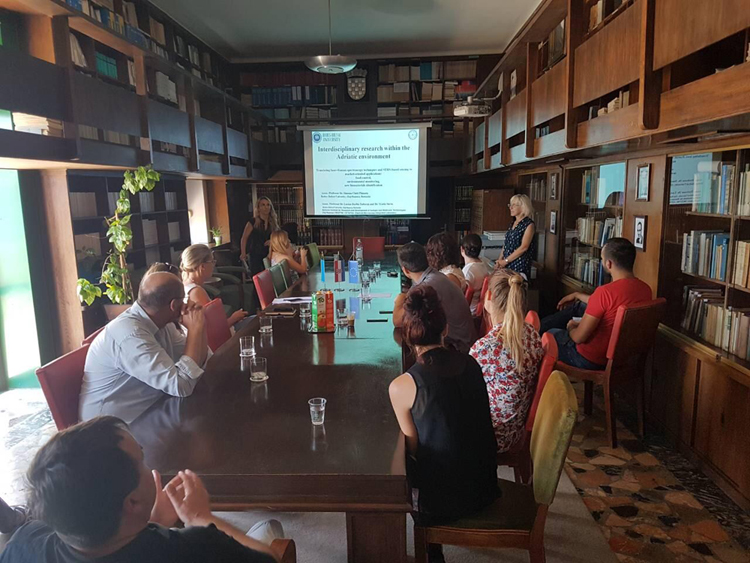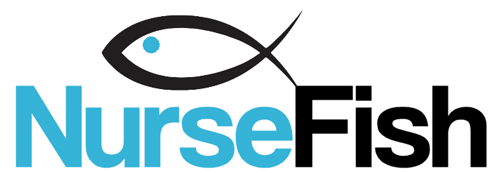Mechanisms that contribute to salmonid life history diversity and its relevance to the conservation of freshwater habitats.
Institute of Oceanography and Fisheries, Split, Croatia – May 21, 2021
Dr. Brian Kennedy
Professor of Aquatic and Fisheries Sciences
University of Idaho
Moscow, Idaho, USA
Fulbright Research Scholar - IZOR
Efforts to conserve biodiversity and restore riverine systems have often focused on understanding distributional and demographic processes at the scale of the species. Increasingly, both conservation and restoration goals must consider and accommodate the diversity expressed within both species and populations. One element of the work in our lab is focused on understanding how life history diversity is expressed within fish populations and the impact that this diversity has on population demographics. Further we seek to understand how environmental, hydrologic and bioenergetics factors exert selection for migratory behaviors In this talk, I will discuss our work that spans basic ecologic questions about the evolution of migration for Chinook (Oncorhynchus tshawytscha) as well as applied questions that seek to understand the influence of water supply and delivery on O. mykiss migratory decisions. I will discuss our work that combines approaches, including long-term field studies, bioenergetics modeling, survival and dispersal estimation as well as otolith microchemistry to reconstruct the lifetime of movement decisions expressed by individual fish. Our results underscore the importance of considering diversity at the subpopulation level for both conservation efforts and fundamental ecological theory.
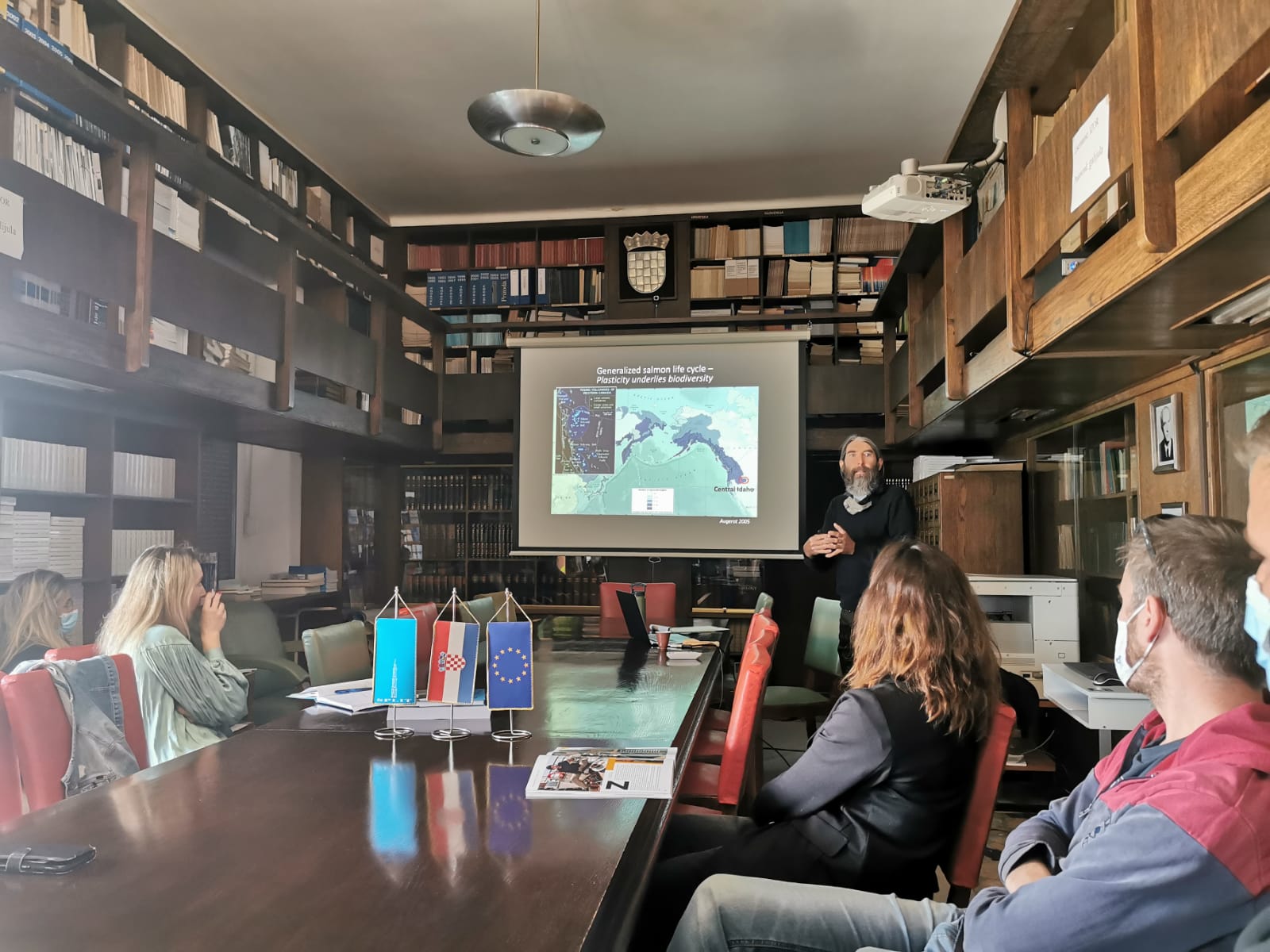
6th Project team meeting
On the February 27th, 2019 the 6th NurseFish project meeting was held following 24 months of project implementation. The meeting was attended by all project team members. Results of the second year of the project and specific tasks for the third year of implementation of the project have been presented.
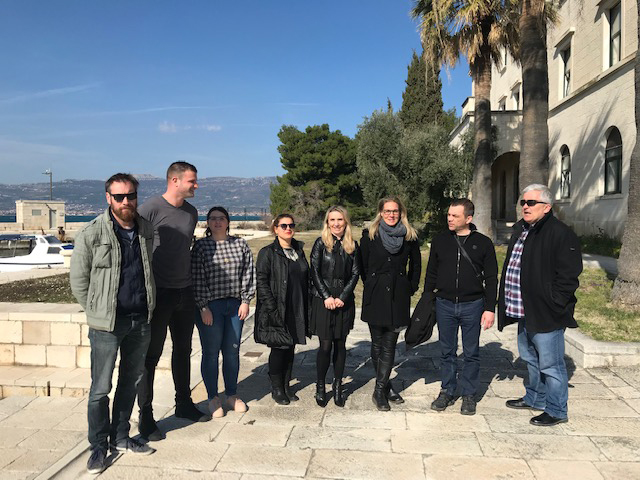
Invited lecture at the University of Aarhus, Denmark
On February 2nd, 2019 pH.D. Sanja Matić-Skoko held a lecture in Aarhus at the Department of Biosciences of the University of Aarhus, presenting issues in the broader context as well as NurseFish project's results entitled "Coastal Nursery Habitats: Patterns and Processes of Demographic Variation in Marine Fish Species". The lecture was attended by scientists and students at the Department of Biosciences.
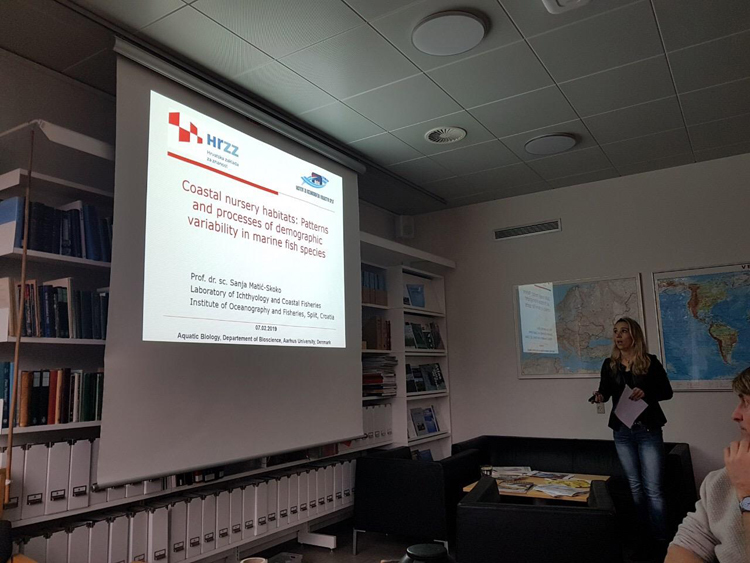
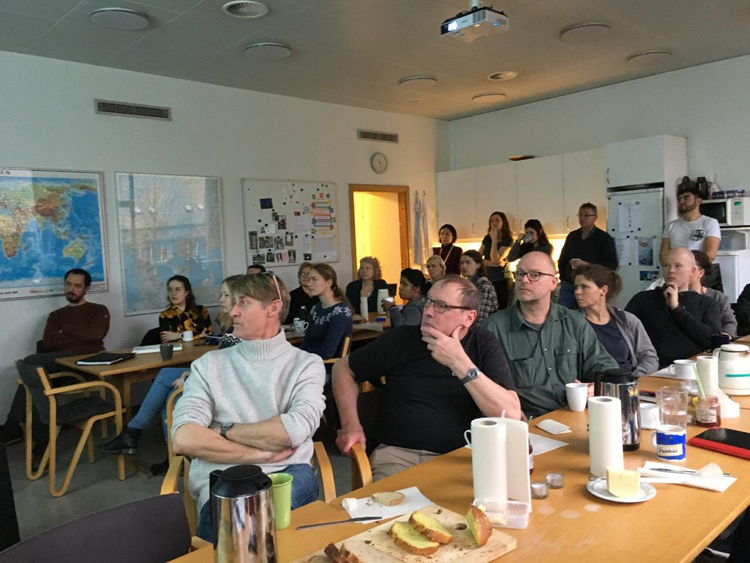
Training at the Department of Bioscience, Aarhus University Aarhus, Denmark
Project team leader pH.D. Sanja Matić-Skoko and pHD student Dario Vrdoljak were in Denmark from February 4th to February 14th, 2019. The former on training and as workshop mentor at the "Otolith Decontamination for Elemental and Isotopic Analysis" workshop held on February 4-7th and the latter at the "Otolith extraction methods" workshop held from February 4-13th. Both workshops included laboratory work in which among other things analysed samples collected through the project NurseFish.
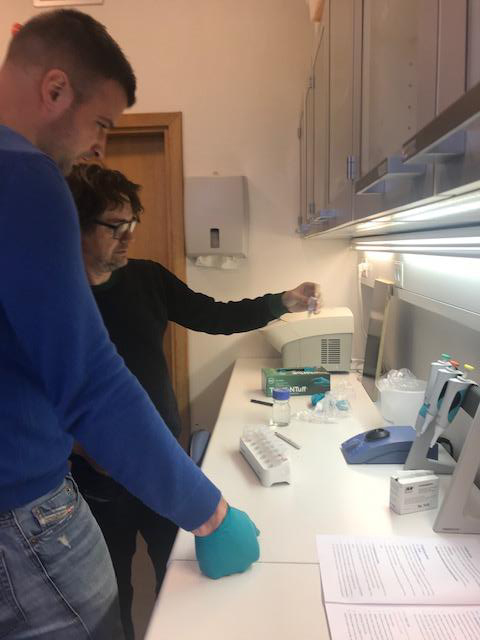
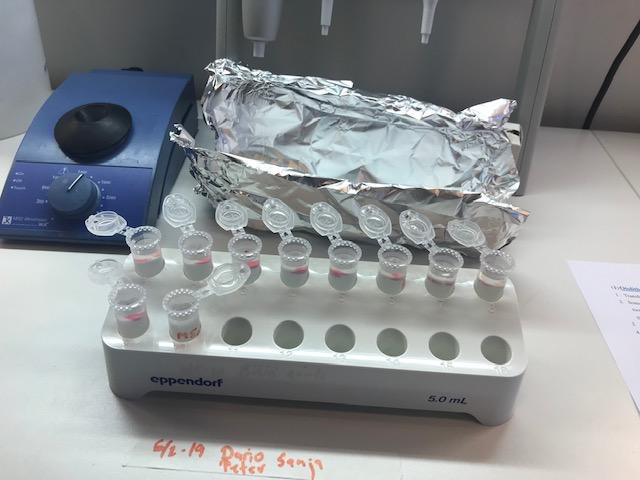
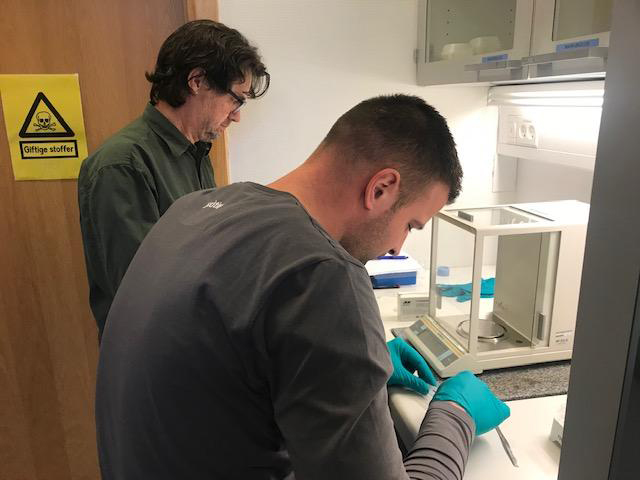
Participation at the 3rd Hydromedit Congress in 2018
Project team members participated at the 3rd congress of Hydromedit 2018 -3rd International congress of Applied Ichthyology and Aquatic Environment in Volos, Greece, during November 8-11th 2018, actively participating in several project sections.
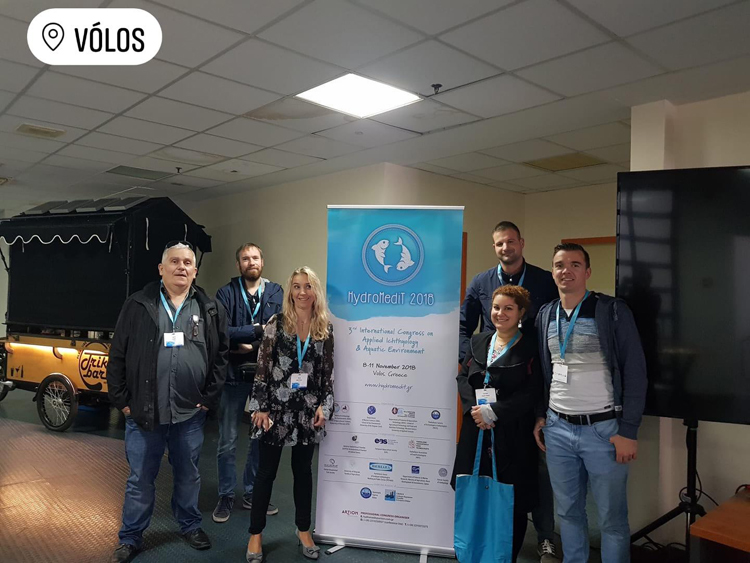
"ISOTOPES IN MARINE AND FISHERIES ECOLOGY" workshop organized within the NurseFish project
On October 17th 2018, at the Institute's library, pH.D. Peter Grønkjær held a workshop on stable isotopes (from tissue preparation and otolytic analysis to possible applications). The workshop was attended by 17 scientists and doctoral students, it was held within HRZZ's NurseFish project.
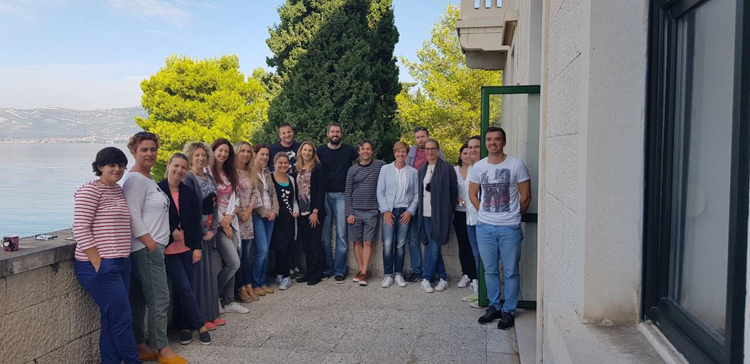
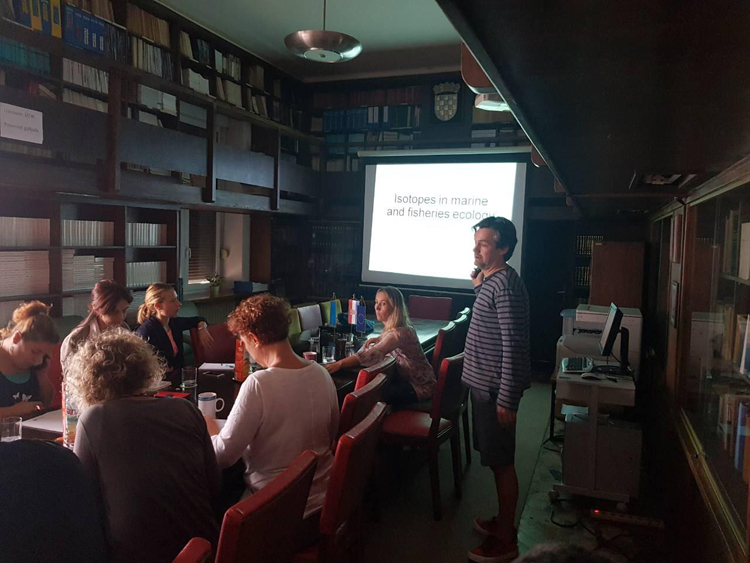
Visiting lecture by pH.D. Peter Grønkjær (5th project team meeting)
On October 16th 2018 starting at 13:00 at the Institute's library, scientist pH.D. Peter Grønkjær held a lecture titled "New, - and some old tools for investigating the impact of environmental change on fish population dynamics", understanding how environmental change on the scale of days to decades influence the growth, survival and abundance of marine fish populations represents a major ecological challenge. In this talk, dr. Grønkjær gave a short overview of some of the studies they have conducted to explore the importance of nursery ground processes to recruitment of coastal fishes. He also discused long term environmental and physiological changes recorded in the otoliths of Atlantic cod and how these data can be used to investigate and predict consequences of environmental change. A focus point for both parts of the talk were new approaches to studying these phenomena.
More information about his research is available on the following pages:
http://pure.au.dk/portal/en/peter.groenkjaer@biology.au.dk
https://scholar.google.hr/citations?user=JiydgvwAAAAJ&hl=en
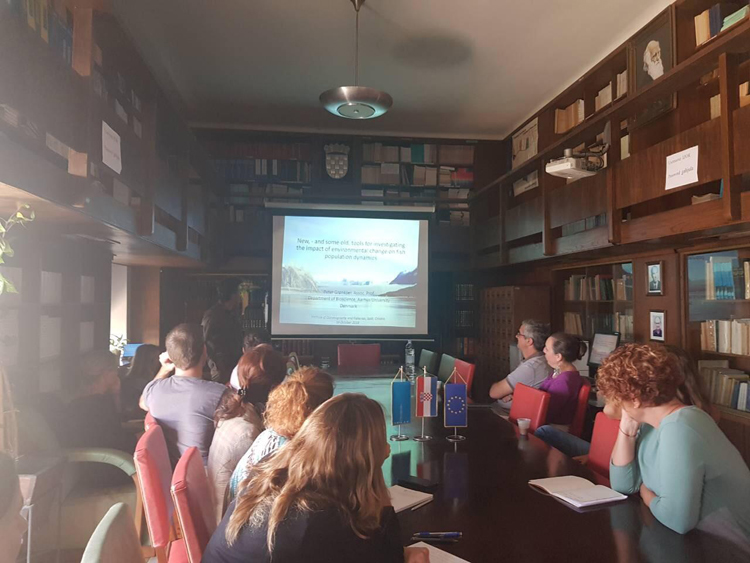
Ph.D. Grønkjær is a guest scientist at the NurseFish HRZZ project and will stay there for a few days at the Institute. Also, Dr. Grønkjær is one of 8 key-note spekers (theme: Growth, Bioenergetics and Ecosystems) at the 5th International Sclerochronology Conference which will be held from June 16-20th 2019 in Split (http://jadran.izor.hr/isc2019/index.html) organized by the Institute of Oceanography and Fisheries (organizer and leader: Dr. Melita Peharda Uljević, associate at NurseFish). After the lecture, the 5th working meeting was held with the results of the project progress. The meeting was attended by most of the project team members.
Visiting lecture by scientist pH.D. Brian Black at the HRZZ's SCOOL project
On September 24th 2018, at the Institute's library, pH.D. Bryan Black held a lecture titled "Fisheries, forests, and five decades of Pacific decadal climate variation." More information about his research is available on the following pages:
https://ltrr.arizona.edu/person/bryan-black
https://scholar.google.hr/citations?user=tnGKwL4AAAAJ&hl=hr
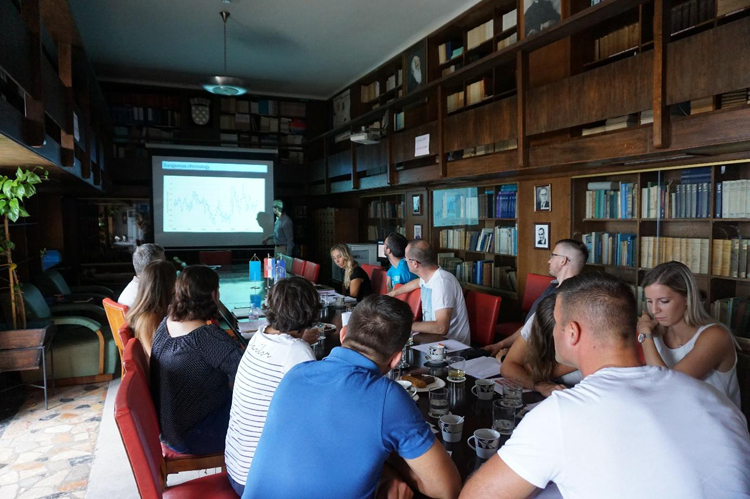
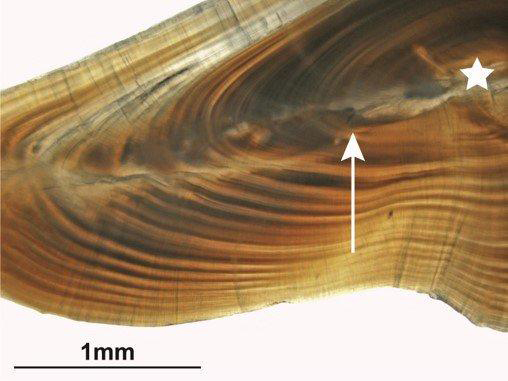
Ph.D. Black is an associate at the SCOOL HRZZ project and has been part of the same for 10 days at the Institute. Likewise, he also held a workshop for associates at HRZZ's SCOOL and NurseFish projects in the field of sclerochronology (a workshop on methods and analysis in dendrochronology and sclerochronology, including sample collection, sample preparation, visual crossdating, crossdating verification, and chronology construction). The workshop was attended by 14 scientists and doctoral students.
Lecture at the HAZU Annual Assembly of the Scientific Council for Natural Science Research of the Adriatic Basin
On July 5th 2018,pH.D. Sanja Matić-Skoko held a lecture at the annual meeting of the Scientific Council for Natural Science Research at the Croatian Adriatic Academy, presenting issues in the broader context as well as the results of project NurseFish, entitled "Forms and processes of demographic variability as a result of challenges and threats to marine fish".
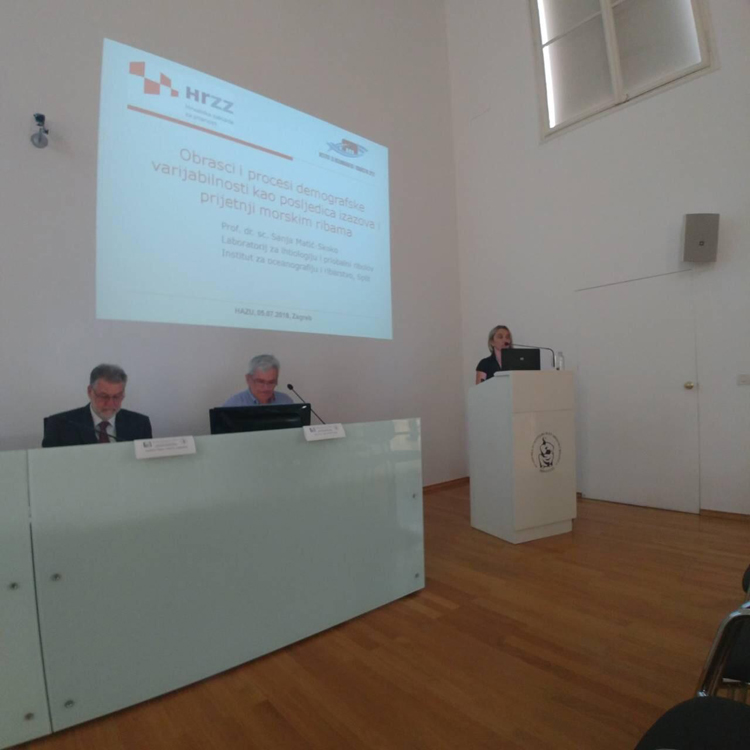
Visiting lecture by pH.D. Simona Cinta Pinzaru – IV. team meeting
On June 1st 2018, pH.D. Simona Cinta Pinzaru held a lecture titled "Interdisciplinary Research in Adriatic Environment Using Advanced Analysis Techniques (RAMAN) - State of the Art" within the NGBF Project "Coastal Nests: Patterns and Processes of Demographic Variability of Sea Fish along the East Adriatic Coast". Ph.D. Pinzaru is an assistant professor at Babes-Bolyai University, at the Molecular Spectroscopy Department, Romania, and you can find more about her work on this link.
